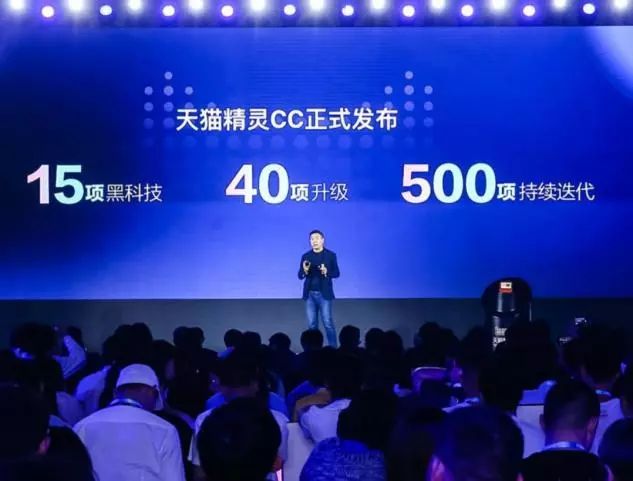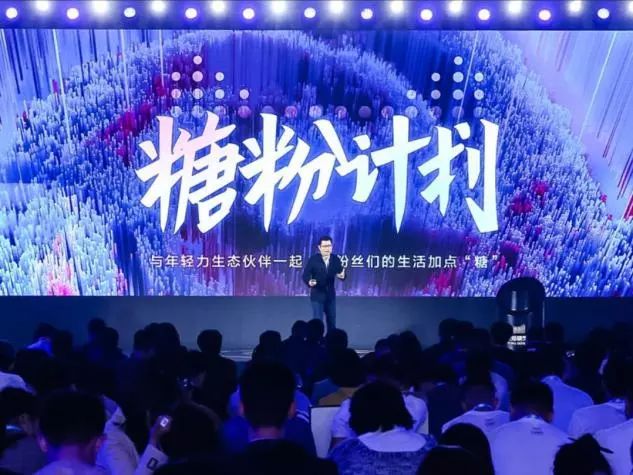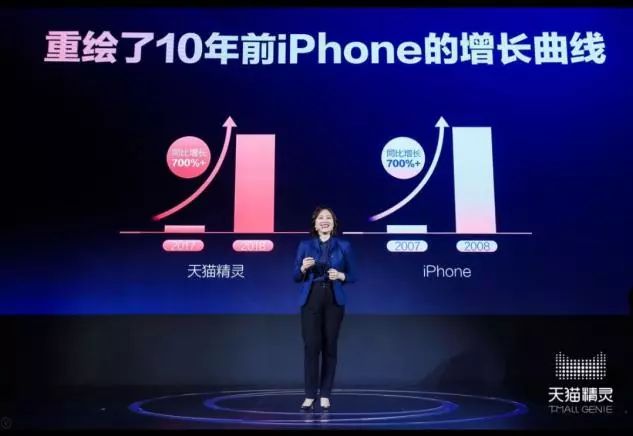
From a blank market to a hundred schools of thought contending, and then to the formation of several major giants, the smart speaker industry has gained over 100 million users globally in just a few years. Market research firm Canalys predicts that the global smart speaker ownership will exceed 200 million units in 2019, surpassing smart wearable devices, and will exceed tablets in the following year. Smart speakers have become a mass-market product; as stated by Qian Xue, General Manager of Alibaba’s Artificial Intelligence Lab, they have become a new necessity in life.
Five Years of the Smart Speaker Industry: Amazon Echo Pioneers, Tmall Genie Turns the Tide
Amazon Echo is the pioneer, having launched the smart speaker era in November 2014. Currently, Amazon Echo is also the largest smart speaker by user scale globally, with Google Home following closely in overseas markets.
The domestic market actually started in 2015, but it truly exploded after Alibaba released Tmall Genie in July 2017. Qian Xue admitted at the 2019 Spring New Product Launch that the initial small target was to sell 20,000 units. Unexpectedly, during that year’s Double 11 shopping festival, sales exceeded 1 million units within a few hours, making Tmall Genie X1 the first product in China to sell over a million units.
By January 11, 2019, just a year and a half later, Tmall Genie sales surpassed 10 million units, making it the first smart speaker in the world to break the 10 million sales mark, compared to Amazon and Google. After several consecutive quarters as the third globally and first in China, the market share is expected to reach 39% in 2019, while Xiaomi’s Xiao Ai and Baidu’s DuerOS are expected to each hold about 25%, presenting a market pattern of “one strong and two strong competitors.”
Price wars are merely a tactical phase in the smart speaker market.
Investment-driven subsidy wars are a common tactic used by internet giants to cultivate users. Internationally, Google has challenged Amazon in this way, leading to a decrease in overall market prices.
Domestically, there have been two rounds of competition: The first round was in 2017 when Xiaomi’s AI speaker priced at 299 yuan challenged Tmall Genie at 499 yuan, followed by Tmall Genie’s super member price of 99 yuan during Double 11. The second round was last year’s Double 11, where Tmall Genie, Baidu, and Xiaomi smart speakers all dropped their prices to double digits. The ice-cold prices acted as a strong stimulant for sales, lowering the purchasing threshold for consumers, making it standard for early adopters to have a smart speaker.
From early adopters to the early majority, low-price strategies are not a panacea; users need to perceive a stronger sense of value, not just novelty. So, where does this sense of value come from?
The most prosperous IoT and content ecosystem, while Tmall Genie showcases its strength, also sets a standard for the industry.
Smart speaker companies that are content-driven have proposed a concept while criticizing industry giants: “smart speakers have become the IoT switch.” Xiaomi’s speaker is closest to this concept, as it develops IoT in a semi-closed manner within the bamboo forest ecosystem, balancing efficiency and scale. It once led the industry.
Tmall Genie also faced similar doubts in its early development. From the current development perspective, Tmall Genie, positioned as a platform, is thriving in the IoT field: connecting over 40 categories, ranking first in the industry; connecting over 500 IoT platforms, ranking first in the industry; connecting over 2100 product models, ranking first in the industry; connecting over 600 brands, ranking first in the industry. Tmall Genie has become the number one device for voice interaction in smart homes.

However, IoT is not everything for Tmall Genie. In terms of content, having its own ecosystems like Youku, Xiami, and Taobao Live is not enough; Tmall Genie has also signed with over 10 mainstream music copyright companies, including Universal, Rolling Stone, and Huayan, forming the first self-owned music copyright library in the smart hardware field with over 10 million tracks; in video, it has also partnered with Bilibili, Mango TV, etc., covering different family member roles.
Smart speakers are platform-type hardware, and the richness of the ecosystem is one of the goals pursued by all companies, as well as an aspect that allows users to feel value. While Tmall Genie showcases its strength, it also sets a standard for the industry. But is a rich ecosystem enough?
Evolutionary power and penetration power are key capabilities of AI products.
Compared to other smart speakers, Alibaba and Baidu have stronger AI capabilities and are increasing their reserves of key technologies, such as the Tmall Genie CC officially released on April 18, which boasts 15 black technologies. For instance, Tmall Genie AI voice assistant was listed among the top 10 breakthrough technologies in MIT Technology Review’s 2019 selection.
However, whether it is content, IoT ecosystem, or AI technology itself, they can only be considered basic attributes. More importantly, it is about making them react chemically. Specifically, it is what Qian Xue proposed: evolutionary power and penetration power, the former reflects the depth of AI capabilities, while the latter reflects the breadth of covered scenarios.
Taking evolutionary power as an example, technical understanding allows users to perceive intelligence more acutely. For music, Tmall Genie redefines the way users listen to music based on AI capabilities, with over 100 classifications and thousands of scenarios built. As for penetration power, only by covering more scenarios can it bring richer value to users and better train its own AI capabilities.
Thus, we see that the core of Tmall Genie’s recent press conference is the upgrade from product iteration to living space and living scene. It launched the Tmall Genie CC with a screen for the living room, as well as a smart beauty mirror and a smart car box for in-car space. Increasing the penetration power of the AI assistant allows users to perceive intelligence in a more multidimensional way, which is also the future development trend of smart speakers.
However, it is worth noting that this is not everything Tmall Genie, as an industry leader, wants to convey.
Strategic thinking hidden in the press conference.
Why launch the dialect protection plan? On one hand, it is a need to expand the user base; on the other hand, the official statement is that by mastering the necessary dialects through machines, users can feel a sense of intimacy and a feeling of “home” during human-machine interaction.
Why launch the “Sugar Powder Plan”? This is not just a simple fan benefit, but an insight and feedback on the next wave of user groups. Paying more attention to users is the return of the assistant.

Relative to strategy, Qian Xue makes the industry feel Tmall Genie’s original intention more. As loneliness becomes a common ailment of modern people, and companionship becomes a rarity, what Tmall Genie wants to do is to connect and care for these people.
If double H is Alibaba’s vision, then double C is Tmall Genie’s direction of effort.
A product starts to meet users’ functional needs, but to go far, it must hit deeper layers. Tmall Genie’s entry point is companionship.
From product competition to scene competition, this is the direction Tmall Genie is conveying to the industry. In the long run, the smart speaker wars will further escalate, reflected in the satisfaction of companionship.
Therefore, the comparison of Tmall Genie with the iPhone is not about growth itself, but about a new era rising. This is not just Tmall Genie’s business; it is Alibaba’s business, and it is the industry’s business.
